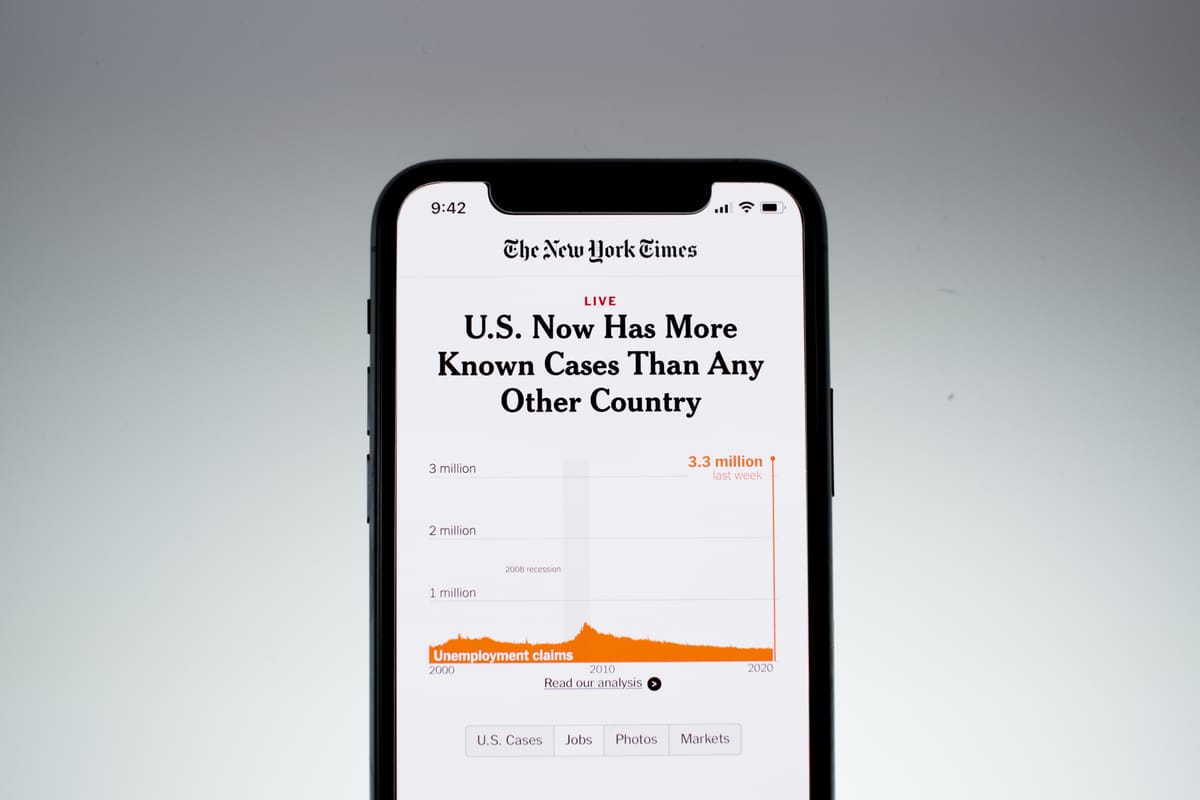Staying Sane in the 24/7 News Cycle: A Tech Journalist's Guide to Information Balance

Feeling overwhelmed by the news? You’re not alone—here’s how to break free from the 24/7 info flood.
Imagine standing at the base of a mountain, frozen in place and watching as an avalanche of snow cascades down towards you.
Now, replace that snow with information - news articles, social media posts, push notifications, and email alerts. This is the reality of our modern information landscape. It’s a relentless fucking torrent that threatens to bury us alive.
News used to be a finite resource. We'd get our daily dose from the morning paper or the evening broadcast, and that was enough to keep us informed. But today? Google estimates that there are 300 exabytes of human-made information in the world - that's 300 followed by 18 zeros. To put that in perspective, just four years ago, that number was a mere 30 exabytes.
We're not swimming in information; we're fucking drowning in it.
The Invisible Toll on Our Psyche
This constant, overwhelming deluge of information is taking a toll on our mental health. Psychologists are seeing an increase in what they call "media saturation overload." Our brains are running a never-ending marathon, constantly processing new information without a chance to rest and recover.
The French philosopher Jean Baudrillard once said,
"We live in a world where there is more and more information, and less and less meaning."
It’s the simplest explanation of our modern dilemma. We have access to more information than ever before, but we feel less informed, more anxious, and disconnected from anything that matters.
The Addiction of the 24/7 News Cycle
The Problem of Filter Failure
Clay Shirky, a prominent media theorist, points out,
"What we're dealing with now is not the problem of information overload, because we're always dealing (and always have been dealing) with information overload... Thinking about information overload isn't accurately describing the problem; thinking about filter failure is."
In other words, we've always been surrounded by more information than we could possibly process, digital or not. The weather. The noises of our environment. Physical and emotional stimuli.
The difference now is that our filters - the mechanisms we use to separate signal from noise - are failing us. And in their place, we've developed a new, insidious addiction: the 24/7 news cycle.


